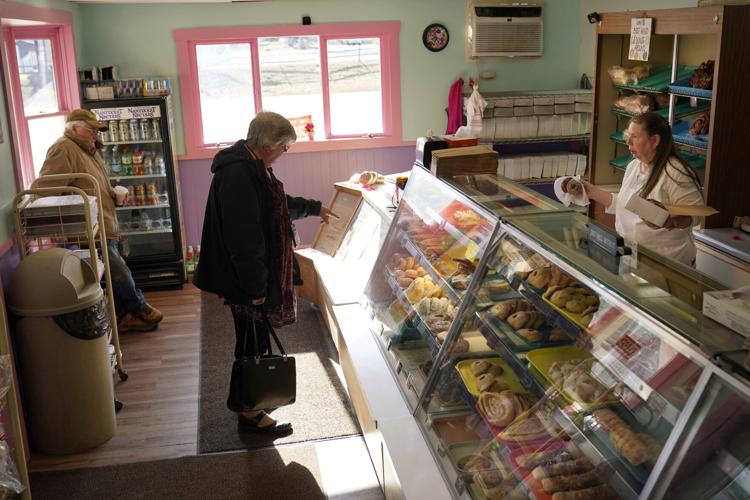Sweet Treats Bakery Wins Legal Battle for Artistic Expression
#sweet treats bakery #legal battle #artistic expression #free speech #first amendment

About the Organizations Mentioned
A New Hampshire town
## Overview **A New Hampshire town** is not a single, unified organization but rather refers to the collective structure of municipal governments throughout New Hampshire. The state has 234 cities and towns, each operating with distinct forms of governance—most commonly the town meeting system, where registered voters act as the legislative body, or a council–manager/council–mayor system in larger municipalities[1]. These local governments are the primary providers of public services, land use regulation, and community infrastructure, functioning under the state’s “Dillon Rule,” which reserves all powers not expressly granted to municipalities to the state[1]. ## History and Structure New Hampshire’s tradition of local governance dates to colonial times, emphasizing strong local control, especially in land use and community decision-making[1]. Most towns operate via annual town meetings, a hallmark of New England democracy, where residents vote directly on budgets, ordinances, and key issues. Cities and larger towns may employ professional managers or mayors, but all municipalities are treated equally under state law[1]. The **New Hampshire Municipal Association (NHMA)**, established in 1941, supports these local governments by providing education, training, advocacy, and legal services[2]. NHMA is a nonprofit, non-partisan organization that helps municipal officials navigate complex regulations, share best practices, and advocate for local interests at the state level[2]. While not a government body itself, NHMA is a vital resource for the effective functioning of New Hampshire’s towns and cities. ## Key Achievements and Current Status New Hampshire towns are known for their high levels of civic engagement, transparent governance, and adaptability to local needs. They have successfully maintained a balance between state oversight and local autonomy, particularly in areas like zoning, education, and public safety[1]. The NHMA has been instrumental in standardizing municipal practices, offering ongoing training, and ensuring that even small towns have access to professional resources[2]. The state’s highway
A bakery
## Overview A bakery is an establishment dedicated to the production and sale of flour-based baked goods, such as bread, rolls, buns, pastries, cakes, and cookies[6]. While the term “bakery” can refer broadly to any business in this sector, the industry is rich with examples of both small, family-run shops and large-scale industrial producers, each with unique histories, traditions, and innovations. ## Historical Context The bakery as an institution dates back centuries, with the first bakers’ guilds established in Europe during the Middle Ages[6]. Over time, bakeries became essential community fixtures, adapting to local tastes and economic conditions. In the United States, for example, bakeries like Mary Ann in Chicago were acquired and revitalized by entrepreneurs such as Louis Kuchuris, who transformed a bankrupt business into a thriving enterprise during the Great Depression[1]. Similarly, family-run bakeries such as Phoenix Bakery in Los Angeles, founded by Chinese immigrants in 1938, became cultural landmarks by blending traditional recipes with local innovations[2]. In Germany, Mestemacher, founded in 1871, pioneered industrial-scale production and remains a global leader in bread specialties with a long shelf life[3]. ## Key Achievements and Innovations Bakeries have often been at the forefront of both culinary and business innovation. Mestemacher, for instance, developed pasteurization methods for bread, enabling long-distance distribution and establishing itself as a market leader[3]. In Cincinnati, Servatii’s Bakery has been recognized for excellence, preparing over 450 authentic European and American recipes annually and receiving the American Culinary Federation’s Achievement of Excellence Award[5]. Community engagement has also been a hallmark, with bakeries frequently supporting local needs, such as Mercy Bakery’s initiative to supply bread daily to families in need[10]. Technological advancements, from automated mixing to online ordering, continue to reshape the industry, allowing bakeries to














